We were lucky to catch up with Kirsten Volness recently and have shared our conversation below.
Hi Kirsten, thanks for joining us today. What’s been the most meaningful project you’ve worked on?
I love writing songs, whether for professional singers or amateurs, and I have had the opportunity to work on meaningful projects with both. Much of my recent work focuses on amplifying underheard voices.
Letters That You Will Not Get: Women’s Voices from the Great War is a chamber opera based on writings by women from around the globe during World War I, created and performed by an all female/nonbinary team and produced by The American Opera Project. The work showcases a diversity of treble voice singing: traversing three octaves and embodying many vocal and musical styles, it seeks to be timeless in its resonance while documenting an historical event from a new perspective.
For the past decade, I have been working with the Tenderloin Opera Company, a music and theater advocacy group for the unhoused based in Providence, RI. Each year, through weekly writing exercises, we develop characters, scenes, a play—some of which we set to music that we all perform together, “WRONG AND STRONG!” to create an original opera. It is the most powerful artistic community of which I have been part. I have seen people’s lives change in meaningful, positive ways after having been self-empowered by their creativity, and often they continue on as advocates for the unhoused members of our community after finding greater stability. We seek to raise awareness and understanding by telling our stories, so that we can work to solve our affordable housing crisis and save lives.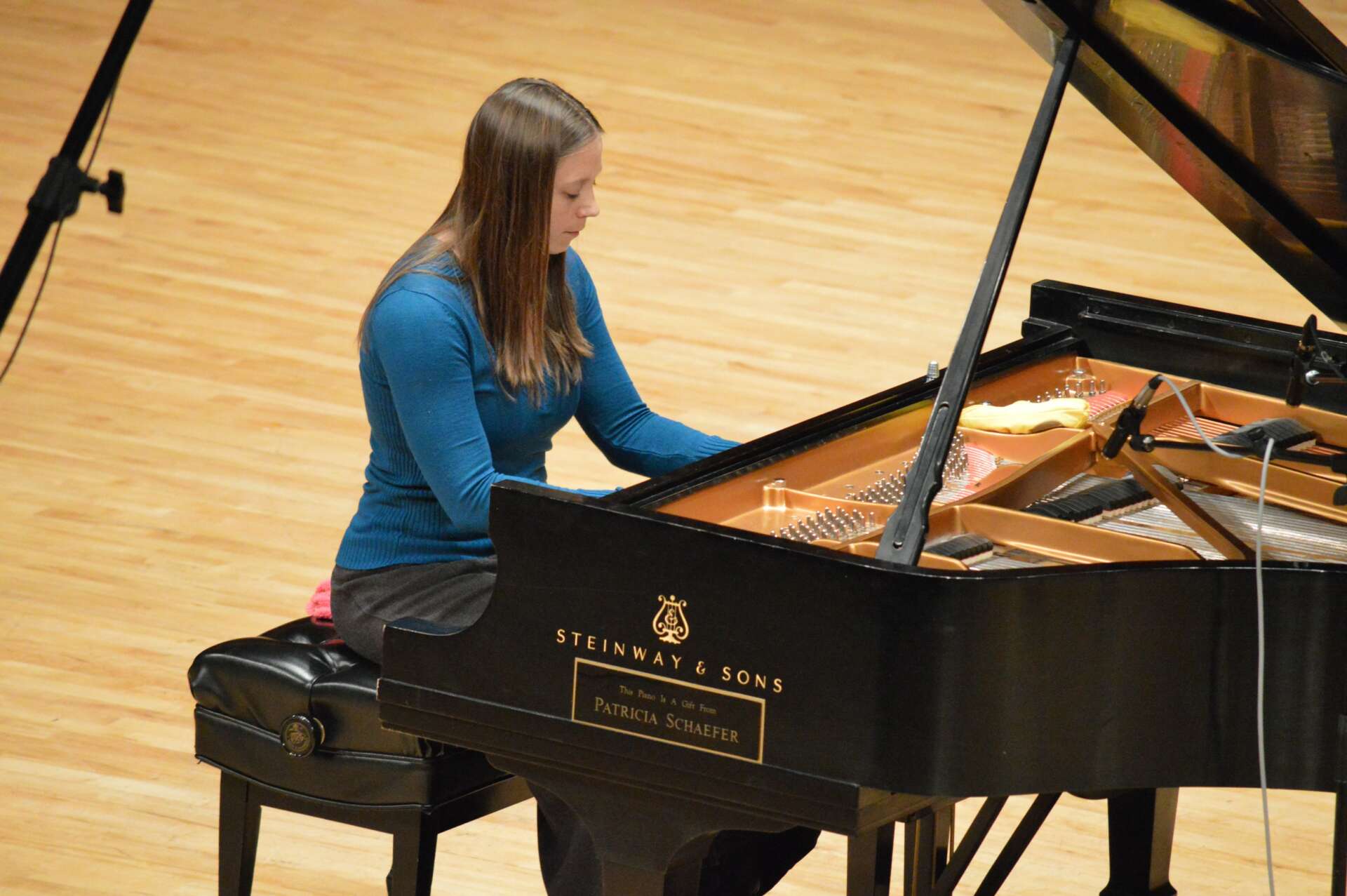
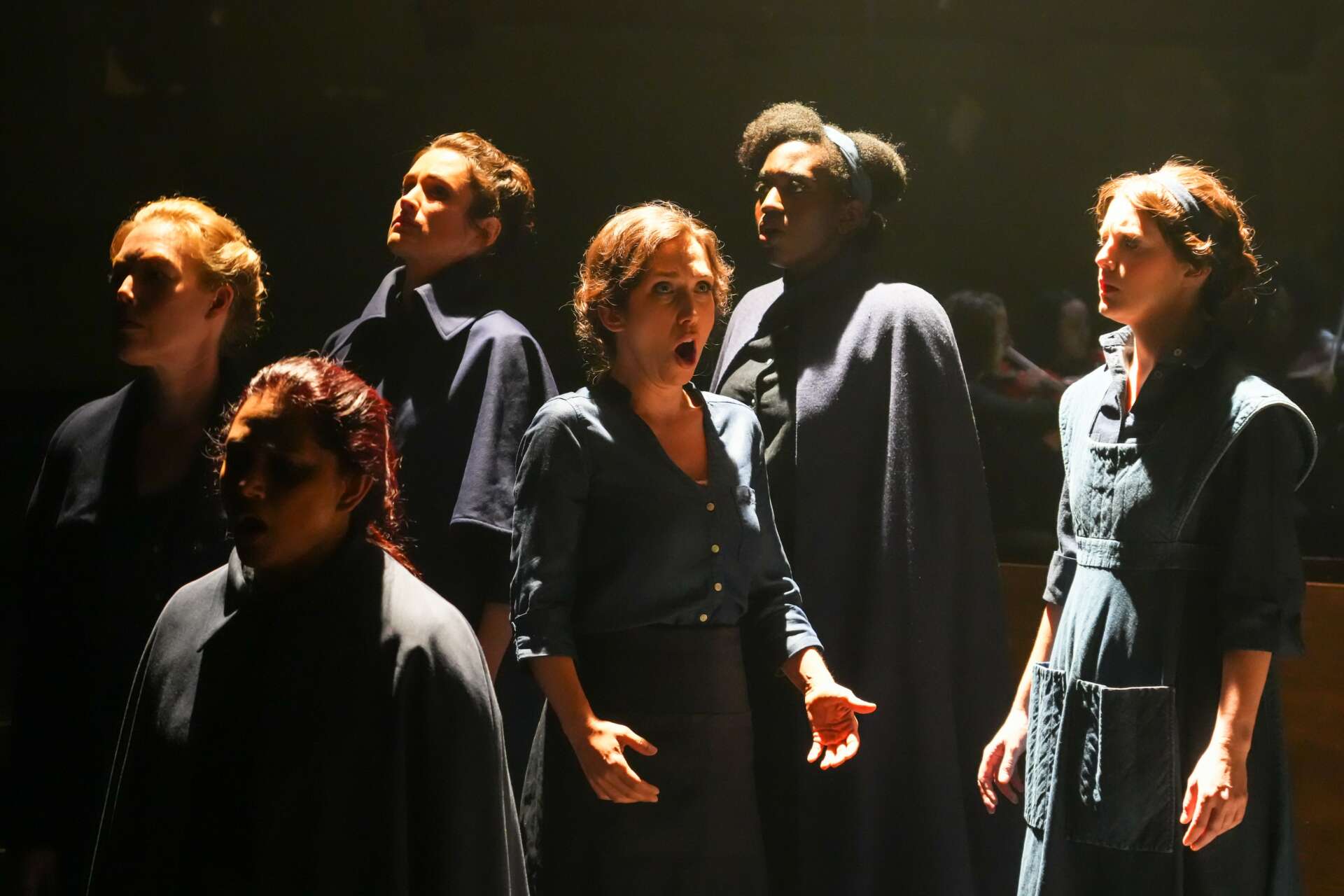
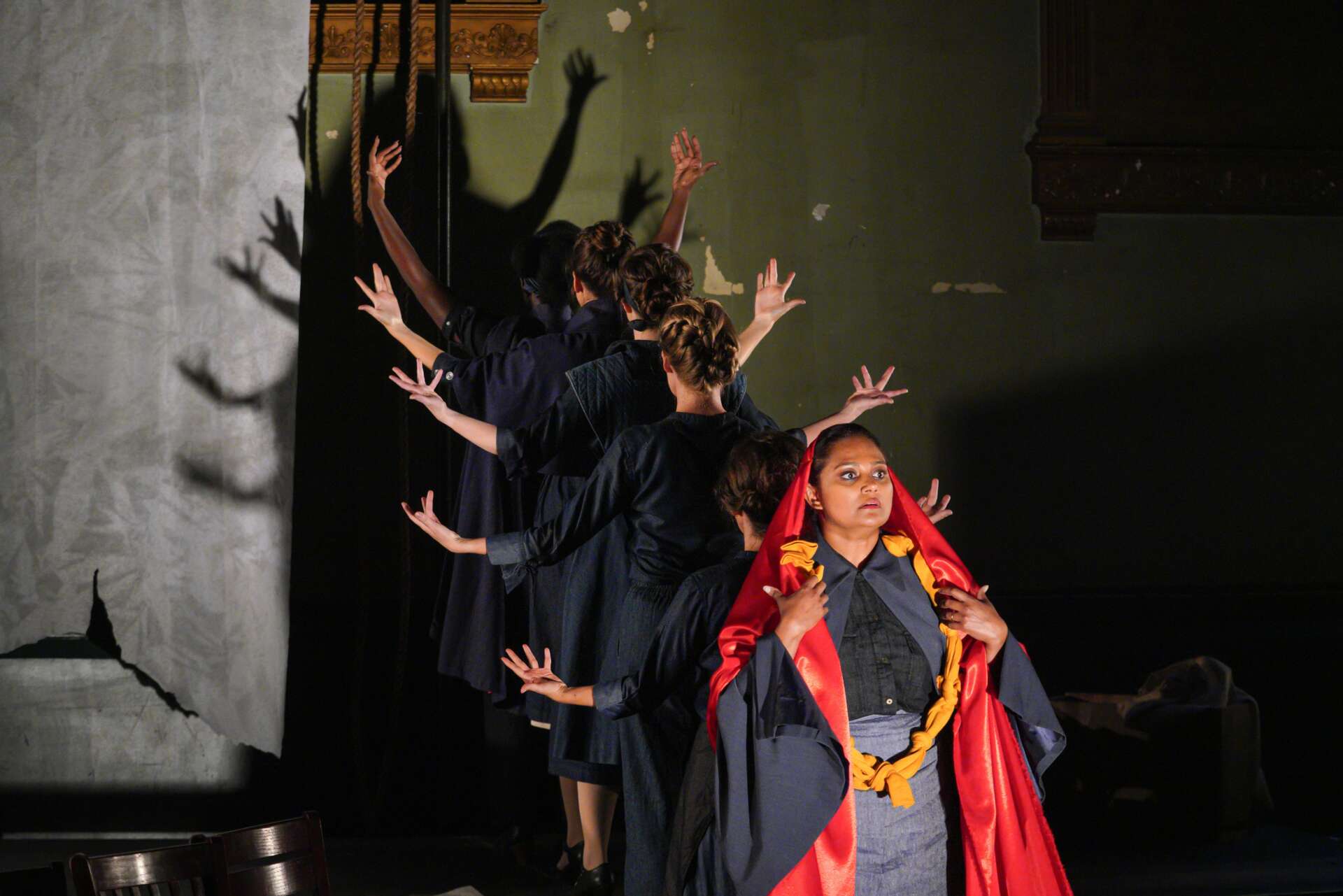
Awesome – so before we get into the rest of our questions, can you briefly introduce yourself to our readers.
I started learning piano at age 4, picked up tenor saxophone and percussion in my MN public school, and went to college knowing that I wanted music to be a central part of my life ahead. I took an orchestration class with Judith Lang Zaimont where I tried my hand at composition, and her mentorship and support changed everything! I was hooked and my music has been hailed as “exquisite,” “irresistible,” and “nothing short of gorgeous.”
As a composer, performer, producer, and educator, my career is multi-faceted—writing electro/acoustic music for ensembles of all sizes (including community sing-alongs), performing with new music collective Verdant Vibes (that I founded and co-direct) and Hotel Elefant, teaching composition and music theory to middle, high school, undergrad and graduate students and in private lessons. I pride myself on creating opportunities for other artists whenever possible—a big tent of artists—in the process of building my own career through my producing and curating of multimedia concerts. Community building is very important to me, not just as one who wants to build an audience, but one who appreciates the richness of an ecosystem of artists collaborating and fostering growth within their community.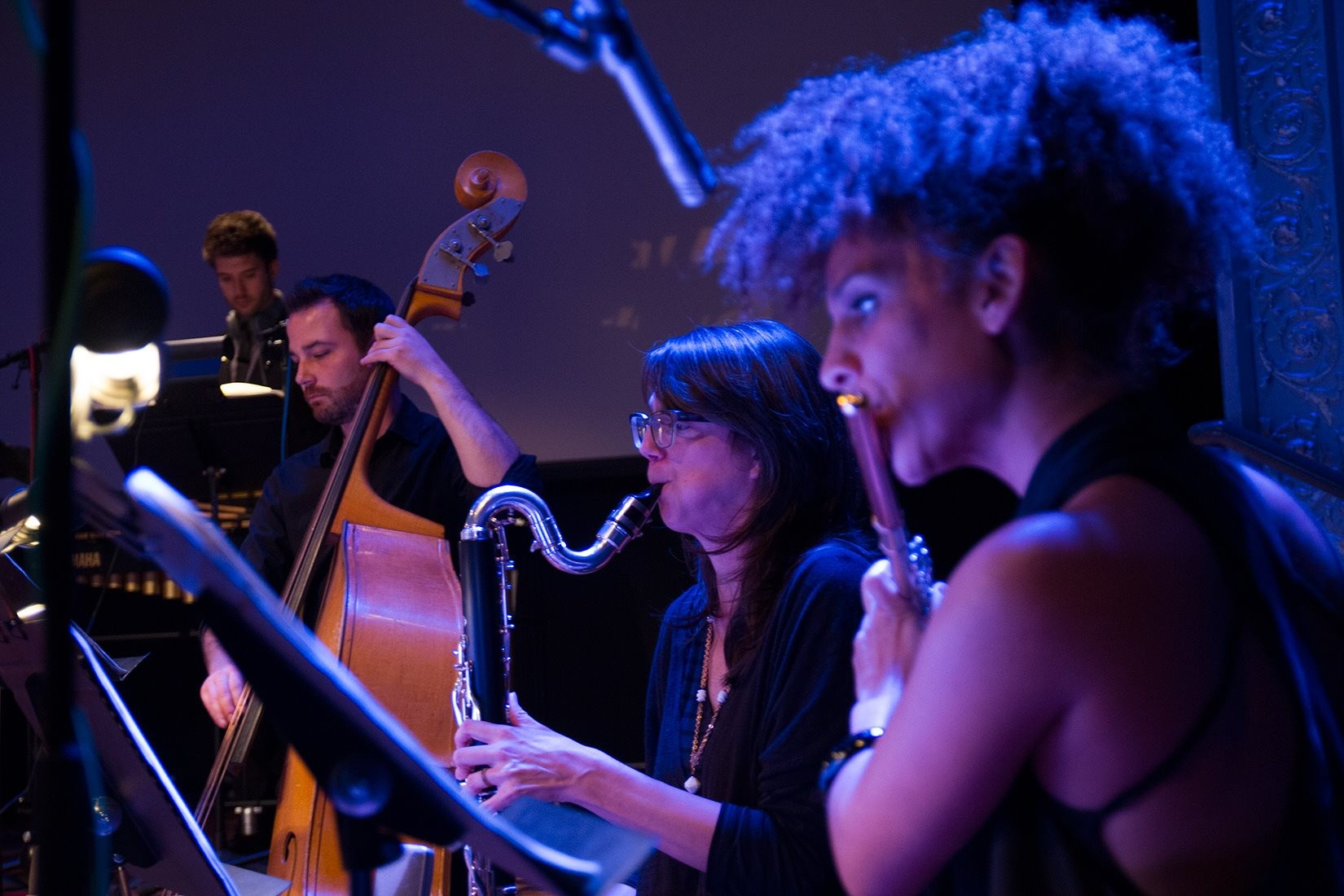
For you, what’s the most rewarding aspect of being a creative?
I love connecting emotionally and intellectually with other human beings through music, whether collaborators or audience members, and seek to spark conversations that inspire thought and action beyond the concert hall by drawing upon extra-musical interests in my work. I learn so much collaborating with other artists, scientists, historians, etc., and enjoy building a growing community of sincere and inspiring friends. It truly becomes a whole much greater than the sum of its parts and I believe that richness carries forward to the audience’s experience. I love it most when some aspect of the music reaches through to someone who may not have expected to enjoy “contemporary concert music.”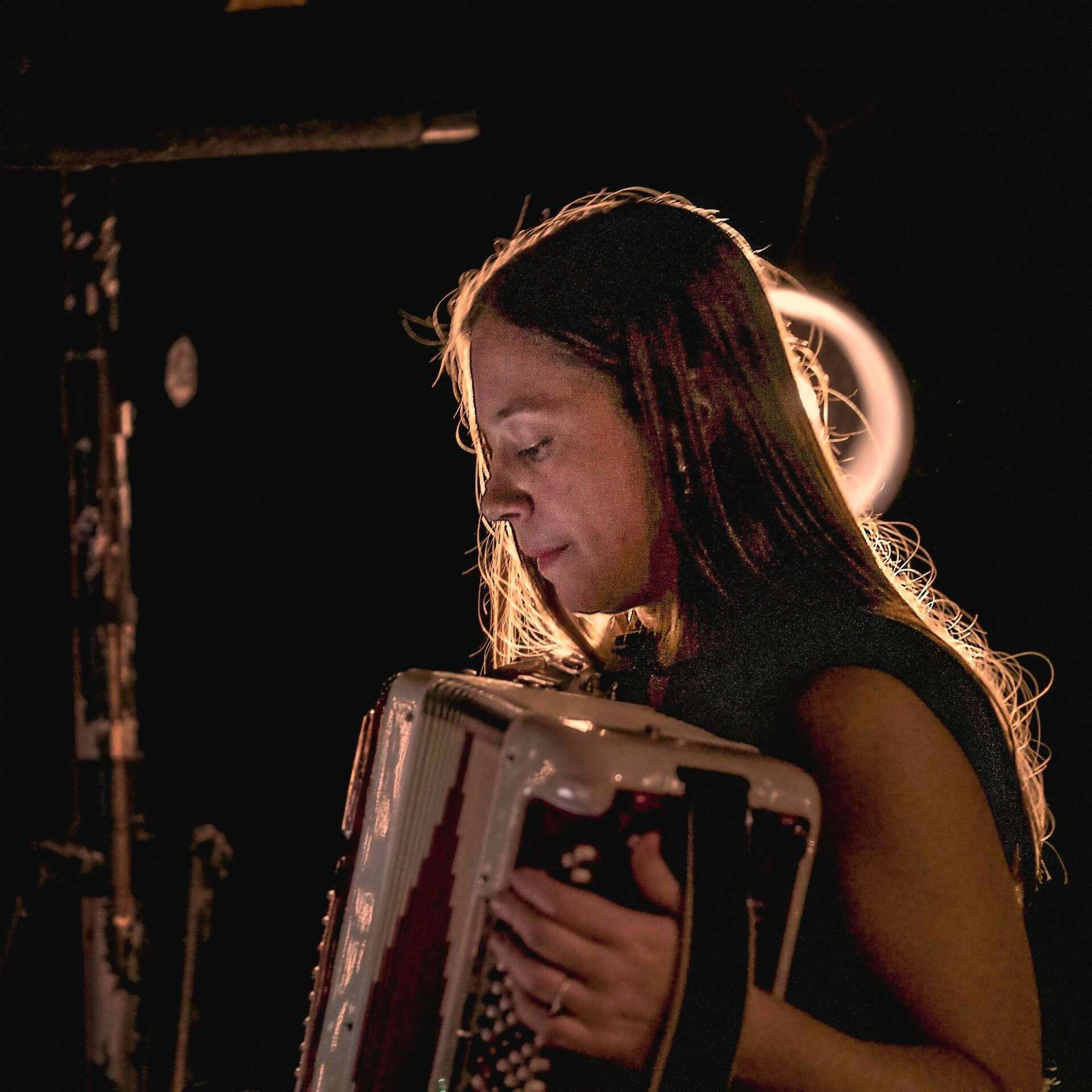
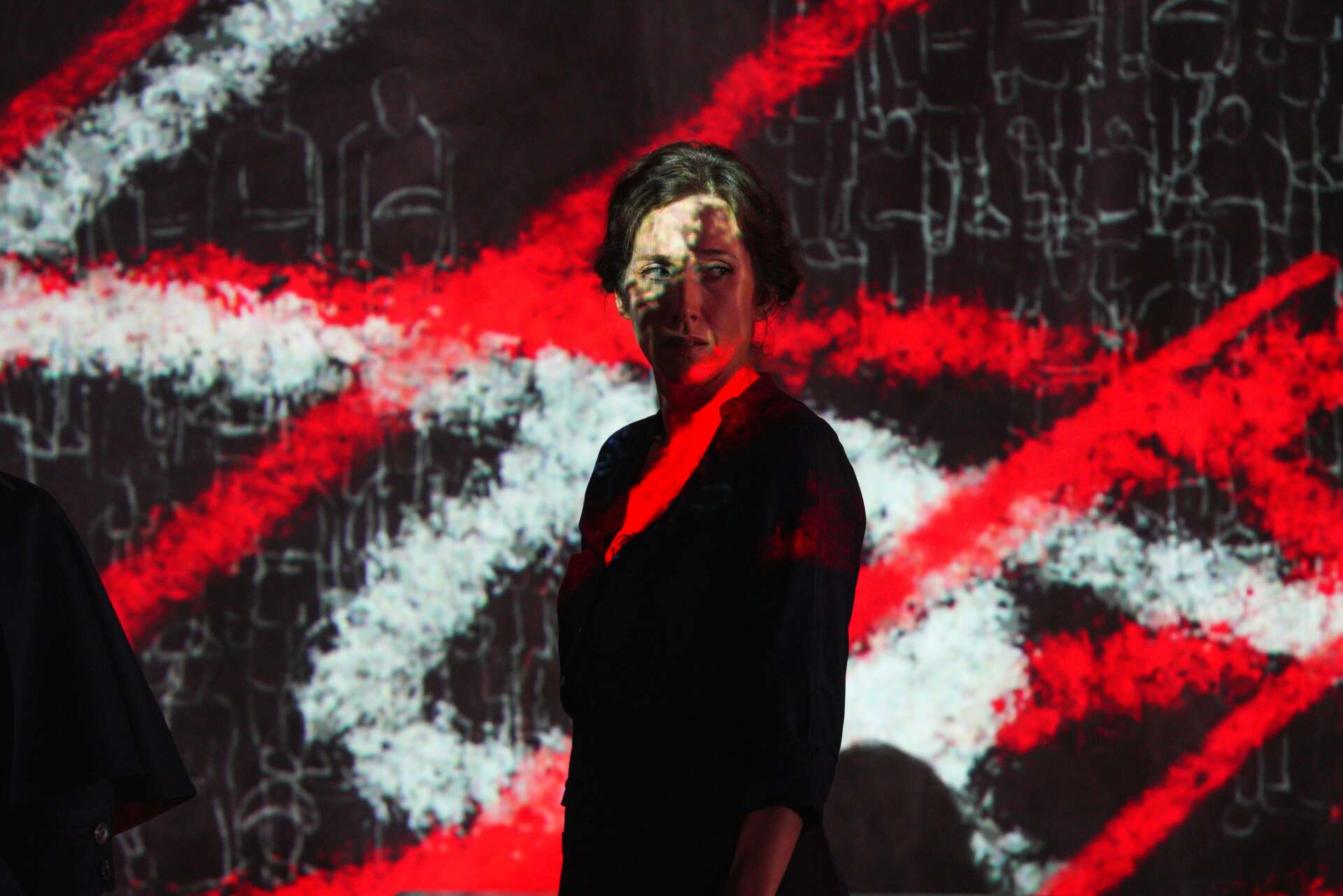
What can society do to ensure an environment that’s helpful to artists and creatives?
A significant portion of society must recognize the value of the arts in their personal lives and society at large for any creative ecosystem to thrive. Making sure arts education is accessible in schools and underserved communities will help break the paradigm of patronage and privilege that often comes as a prerequisite to participation. STEAM, not STEM! In lieu of more public support, as one might find in Europe, increased corporate support for nonprofits is probably the most likely way to successfully fund the arts in the US neoliberal capitalist system; however, it’s questionable whether corporate shareholders see any incentive to do so (see aforementioned values). Art won’t keep you from bleeding to death, but it nourishes souls and minds, and even saves lives. Support your local artists and try something new. 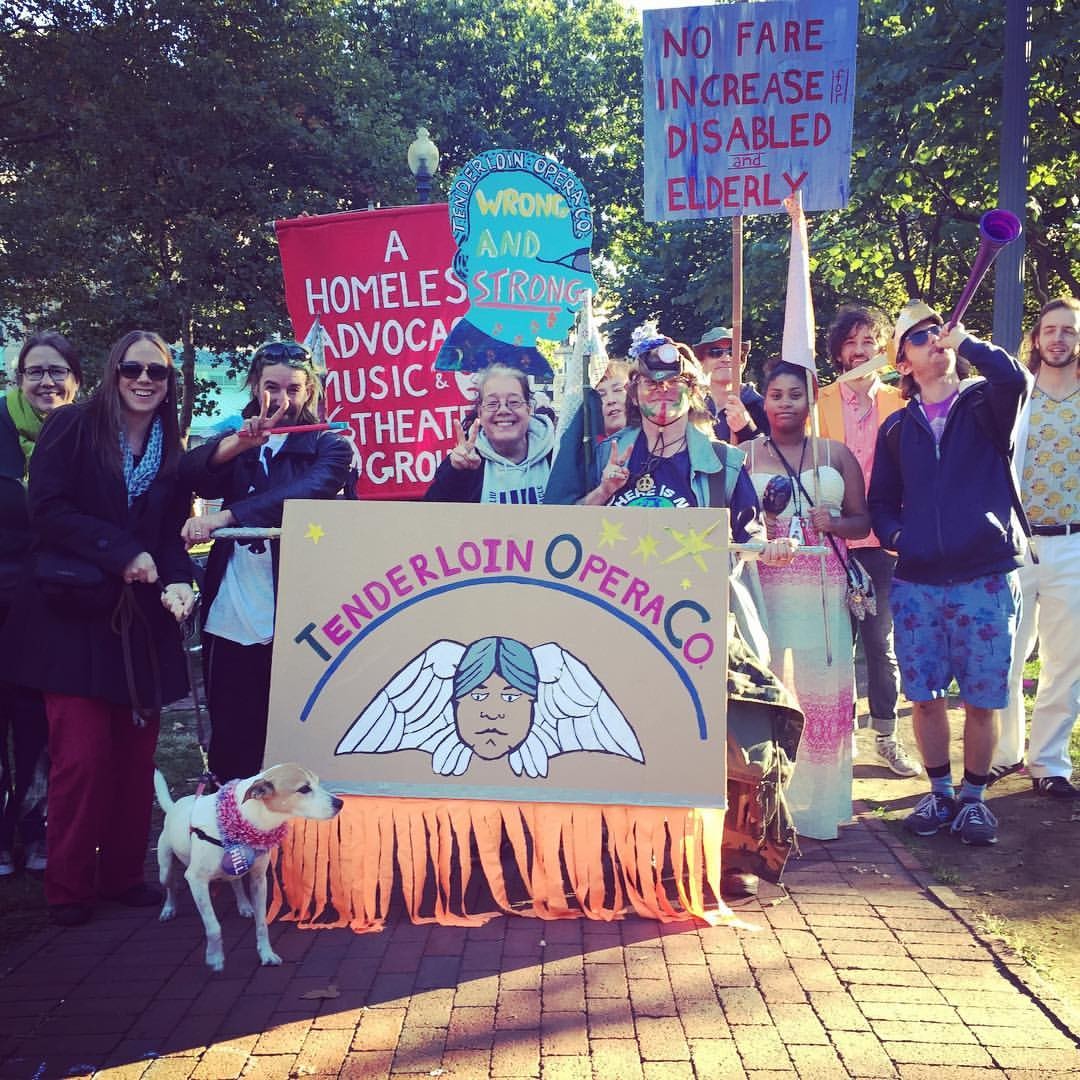
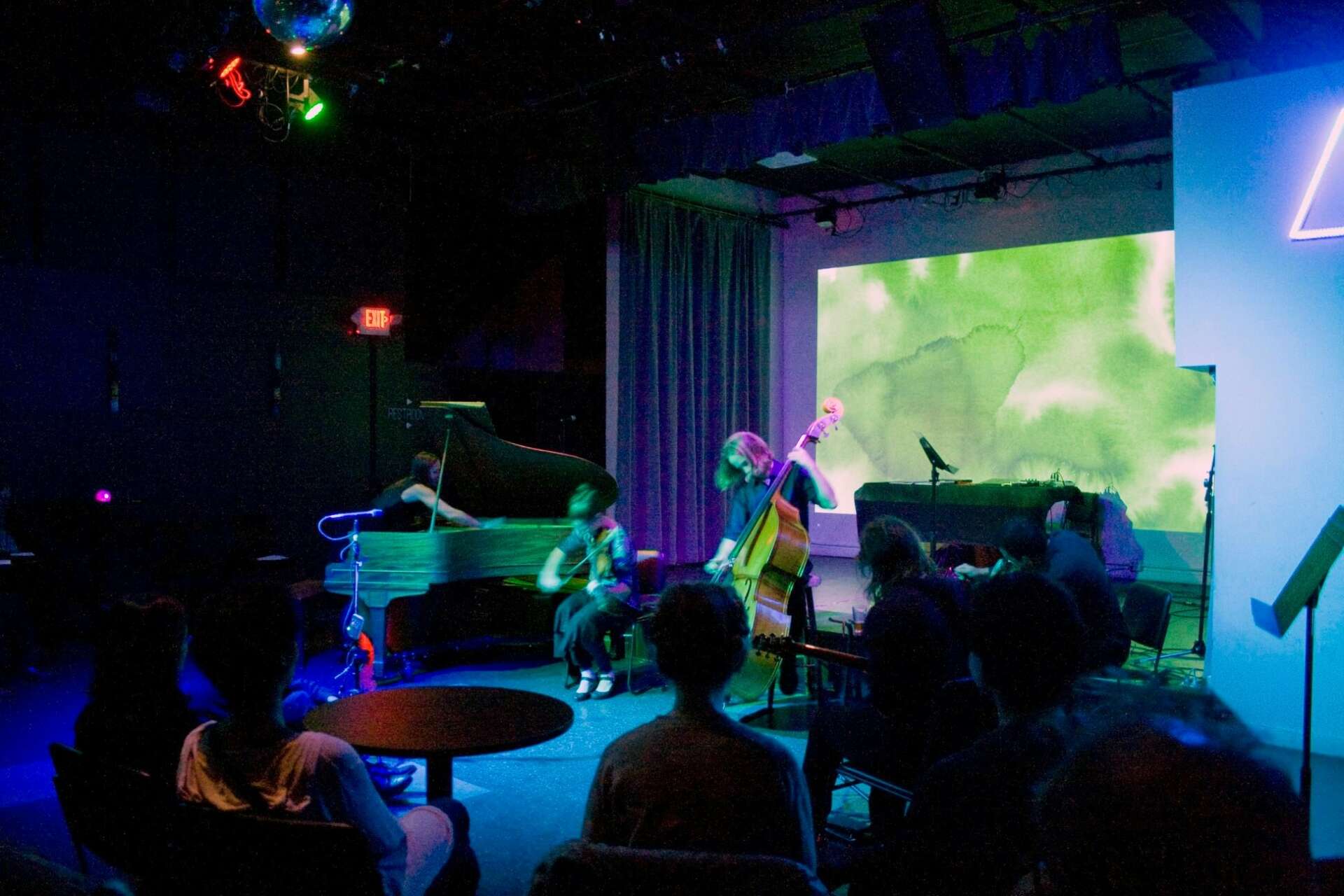
Contact Info:
- Website: https://www.kirstenvolness.com/
- Instagram: https://www.instagram.com/kirvo_/
- Facebook: https://www.facebook.com/kirstenvolness
- Linkedin: https://www.linkedin.com/in/kirsten-volness-000a277
- Youtube: https://www.youtube.com/channel/UCIesEikNcnRGMwwRT49xKaQ
- Other: https://kirstenvolness.bandcamp.com/
Image Credits
Dominica Eriksen, Carolyn Marsden, Steven Pisano


